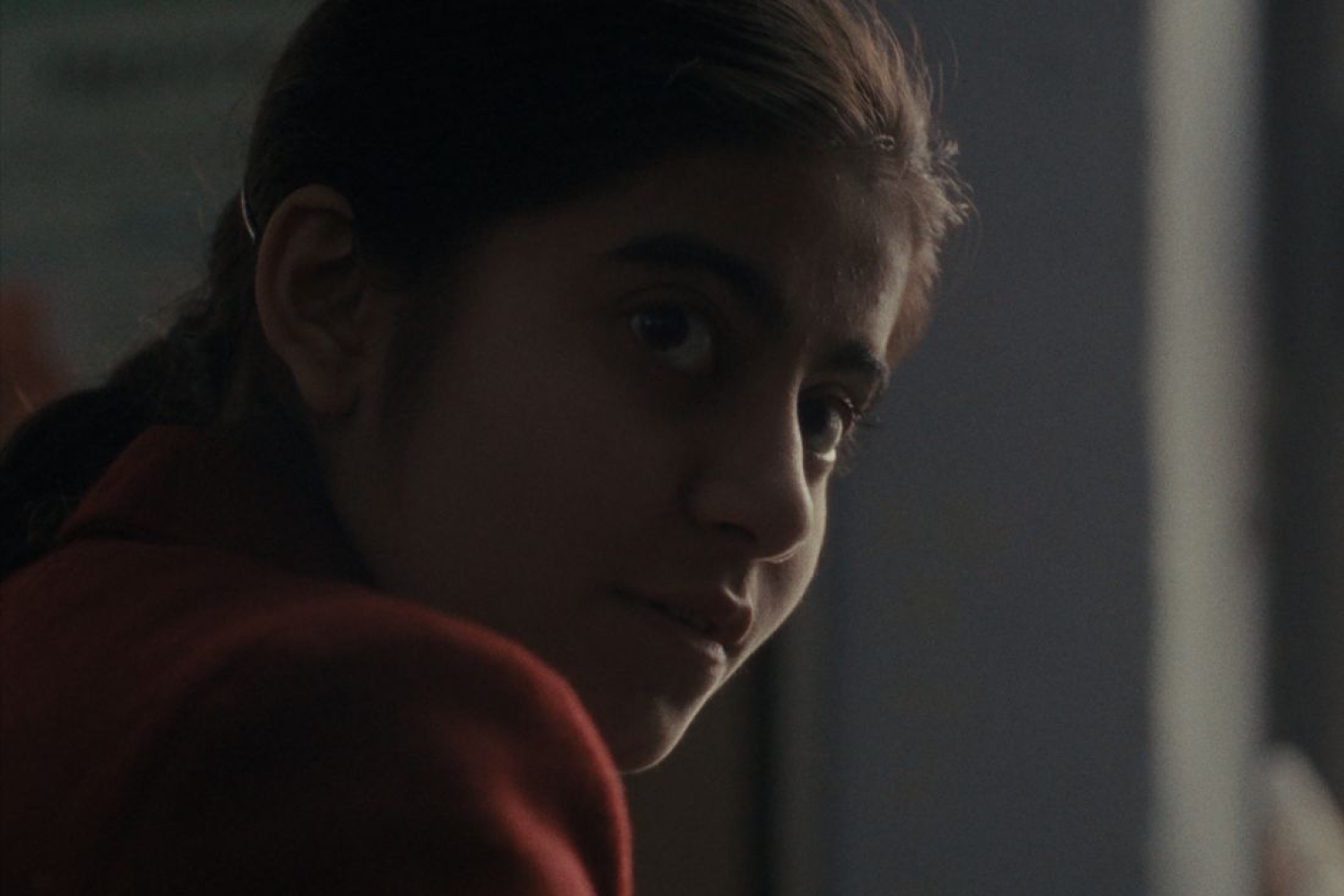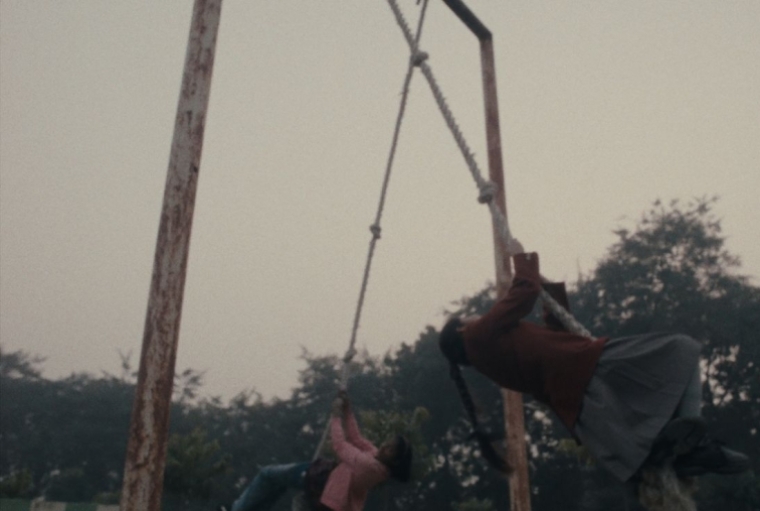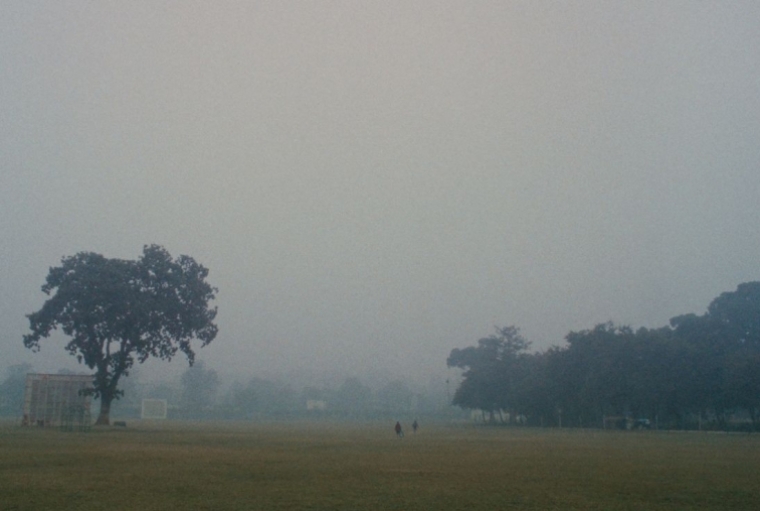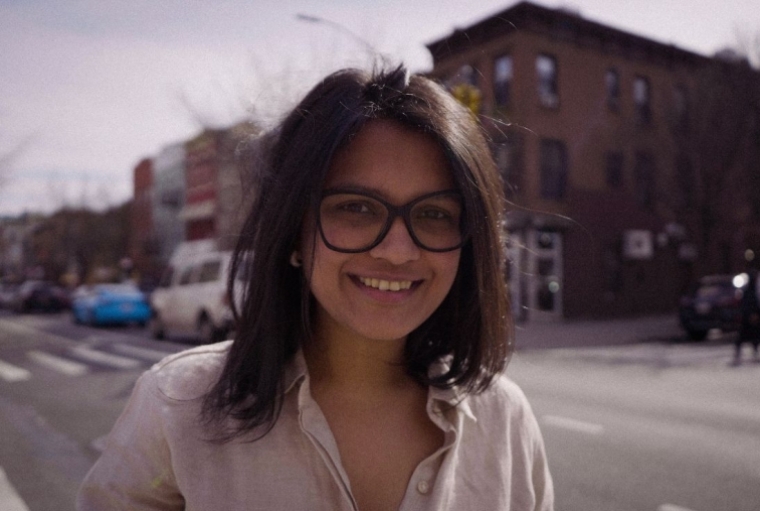

Vindhya Gupta was born in a very class-divided society. Some rules were visible to the naked eye but uncomfortable, too. Vindhya was ‘self-righteous’, so naturally, the activism found a place in writing. In Lice, her debut short film, she attempted to explore a class-based narrative but neatly wrapped it inside a bougette of a story of two girls. Roshni befriends Chakor, a class outcast, to keep her lice a secret. More from Vindhya below, who is currently working on her thesis film at New York University.
Picking a story
It stems from my childhood and the friendships I had growing up. But honestly, I don’t think it was so much a revisit as it was something that had stayed with me for the longest time until it finally made its way onto paper. It’s specifically inspired by a third-grade desk partner I had—we used to pick each other’s lice. But more than that, it’s about growing up in a very class-conscious environment where everyone was so aware of who came from where and who had what. Even as little children, we made decisions based on that. At that age, I think we mirror society. Our minds are still forming, so we unconsciously reflect the world around us.

Killing lice/lies
I call it the shitty pretty feeling. It’s like the last scene of the film—you experience it as rain, but then realize it’s a pesticide shower. That’s their friendship. It’s built on a skeleton of lies, yet there’s a moment of truth within it. That’s my experience of the world—a constant search for truth in a place that often offers more lies than anything else. So I guess it’s that - the kind of fleeting beauty that you can feel and the dirt that you go through to feel it. I am not sure if that makes a lot of sense.
‘Sloppy starts are just part of the process’
It was very hard to cramp so many different subject in a short film. A good chunk of the film was shot but never made it to the final cut. Looking back, I think I tried to pack too much into a short, which is something a lot of us starting filmmakers do. We try to cram so much of our experiences into what we’re making—it’s our way of giving it everything we have. Short films are such a tricky medium. Precision is key, but I guess sloppy starts are just part of the process. To answer your question, it was tough, and I feel like I made some bad choices and mistakes along the way. As they say, a big part of filmmaking is killing your darlings, and I truly learned what that means during this project. The things you hold closest to your heart and obsess over, often end up being the very things that don’t make it into the final film.

New Stories
I’m currently working on my thesis film, which I’ll be shooting in February. It’s a short about two teenage boys who go on a night out and, as part of a game, end up exploring what it’s like to step into each other’s shoes. I’m in pre-production right now, so it’s a bit stressful, but I’m excited about it!
A Class Act
My work often centres around class-based narratives. Growing up in UP—or anywhere in India—the intersections of social classes are deeply woven into daily life. The diversity of experiences shaped by these divides is fascinating. Class has shaped my entire life, and unfortunately, it often feels like the most defining factor. To me, it’s clear that so much of the world is driven by money. The dynamics of class are the most compelling and complex to explore, and I have a lot of questions about it, I want to answer through my work.

Vindhya Gupta
Words Hansika Lohani
Date 27.11.2024